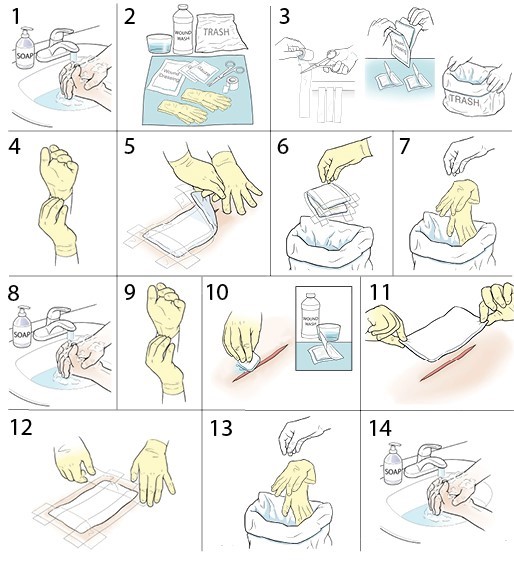A nurse working in a mental health facility is caring for a client who is pacing back and forth in the day room while wringing their hands. Which of the following actions should the nurse take?
Ask the client if they would like to watch television.
Use short, simple sentences when speaking with the client.
Allow the client to have 1 hr of time alone in their room.
Move the client to a table where other clients are playing cards.
The Correct Answer is B
By using short, simple sentences, the nurse can effectively communicate with the client who is exhibiting signs of agitation and anxiety. This communication style can help reduce stress and confusion for the client and promote understanding.
Asking the client if they would like to watch television: While providing options for activities can be beneficial, it is important to address the client's current state of agitation and anxiety before suggesting any specific activities.
Allowing the client to have 1 hour of time alone in their room: While some clients may prefer solitude, in this case, the client's pacing and hand-wringing indicate signs of distress and may require therapeutic interventions rather than isolation.
Moving the client to a table where other clients are playing cards: This option may not address the client's current state of anxiety and pacing. Placing the client in a social setting with other clients might increase their distress and agitation.
Nursing Test Bank
Naxlex Comprehensive Predictor Exams
Related Questions
Correct Answer is C
Explanation
When removing the dressing and cleaning the wound, it is important to start from the center of the wound and work towards the outer edges. This technique helps prevent contamination of the wound by minimizing the risk of dragging bacteria or debris from the surrounding skin into the wound.
The other options listed are not recommended for this specific procedure:
When removing the tape, it is generally recommended to pull it parallel to the skin surface rather than pulling from the center of the dressing. This technique reduces the risk of causing trauma or disrupting the wound.
While it is important to maintain aseptic technique during dressing changes, wearing sterile gloves is not necessary for a wet-to-dry dressing change. Clean, non-sterile gloves are typically sufficient for this procedure, as the dressing material itself is not sterile.
In a wet-to-dry dressing change, the dressing is typically applied moist and allowed to dry over time. Therefore, moistening the dressing before removal is not necessary. The primary goal is to remove the dry dressing, which may adhere to the wound bed, and then clean the wound before applying a fresh dressing.

Correct Answer is A
Explanation
Explanation:
Yogurt can be beneficial for individuals with irritable bowel syndrome (IBS) because it contains probiotics, which are live bacteria that can help promote a healthy balance of gut bacteria.
Probiotics have been shown to potentially alleviate symptoms of IBS, such as bloating, gas, and abdominal discomfort. Additionally, yogurt is a good source of calcium and protein.
B- On the other hand, "Honey" is not specifically recommended for individuals with IBS as it can be a source of fermentable carbohydrates and may contribute to symptoms such as bloating and gas in some individuals.
C- "Watermelon" is generally well-tolerated by most people and can be included in the diet of individuals with IBS, as it is low in FODMAPs (fermentable carbohydrates that can trigger IBS symptoms in some individuals).
D- "Ice cream" is not typically recommended for individuals with IBS, as it often contains high amounts of fat and lactose, which can aggravate symptoms in some individuals. However, this can vary depending on the individual's tolerance to dairy and fat.
Whether you are a student looking to ace your exams or a practicing nurse seeking to enhance your expertise , our nursing education contents will empower you with the confidence and competence to make a difference in the lives of patients and become a respected leader in the healthcare field.
Visit Naxlex, invest in your future and unlock endless possibilities with our unparalleled nursing education contents today
Report Wrong Answer on the Current Question
Do you disagree with the answer? If yes, what is your expected answer? Explain.
Kindly be descriptive with the issue you are facing.
